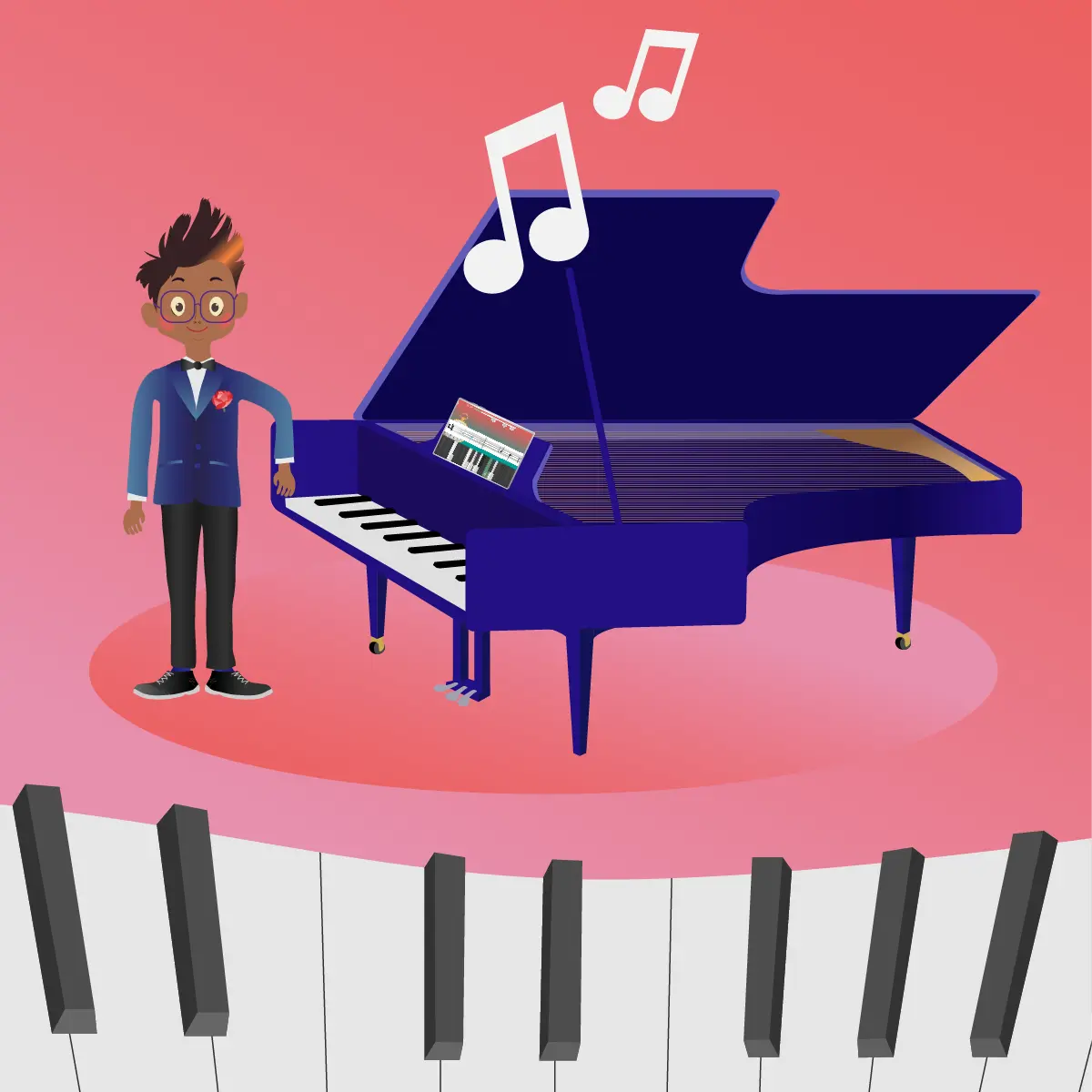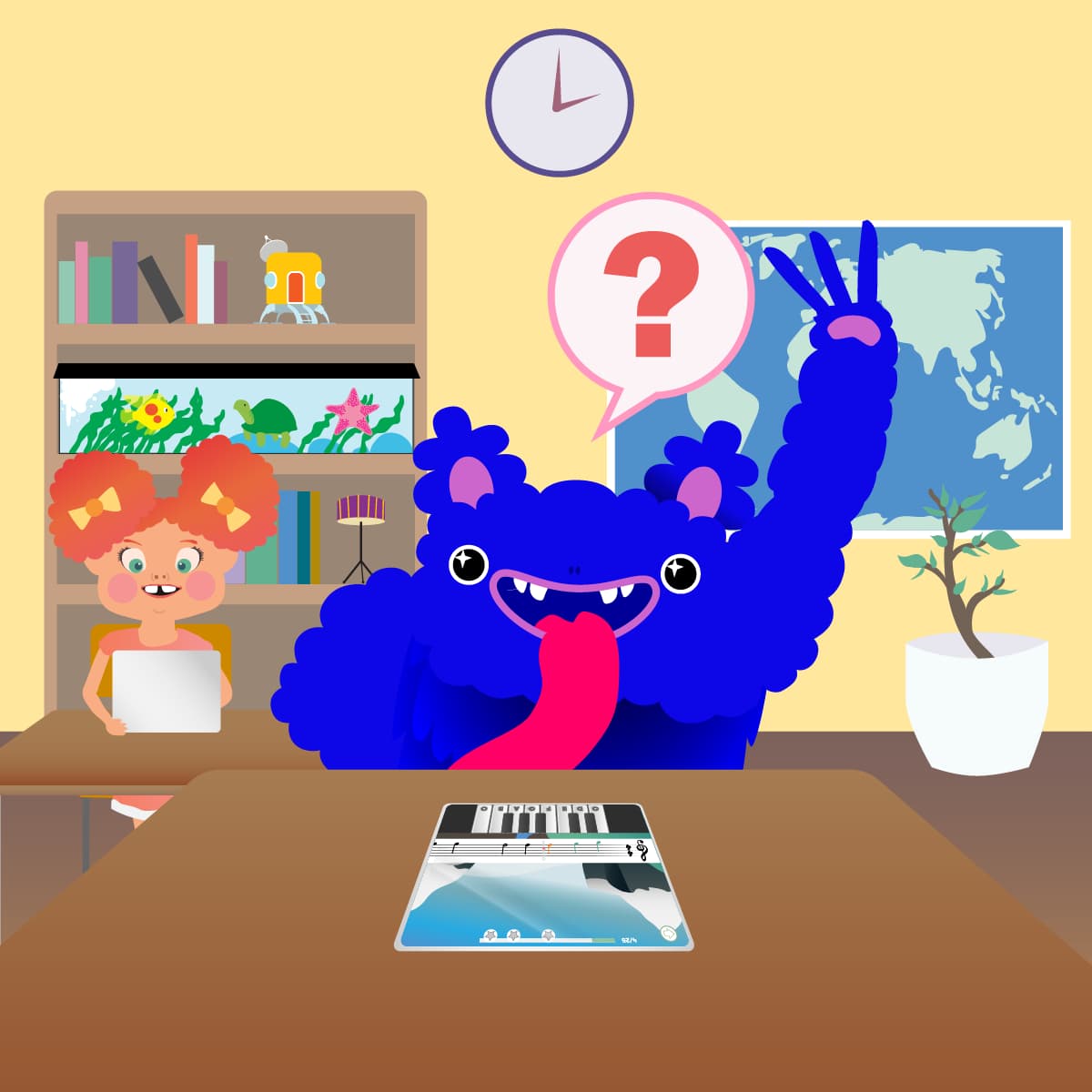Summer vacation is here. A well-deserved break for students and parents to relax and recharge before the new school year. Summer break also means the summer slide is not far. In a normal year, parents and educators accept as a given that their children and students won’t retain the entirety of their previous 9-10 months’ worth of education. How could kids, after all, retain a year’s worth of schooling when summer holds so many tantalizing diversions? But the question parents and educators really want to know is: exactly how much? A 2018 study conducted by NWEA, learned that,
“…summer learning loss was observed in math and reading across third to eighth grade, with students losing a greater proportion of their school year gains each year as they grow older – anywhere from 20 to 50 percent.”
Due to COVID-19 dominating and affecting educational plans for children worldwide — not to mention plans for everyone — these numbers stand to increase considerably. Though some school systems are prolonging the year in a digital capacity, online learning isn’t a one-size-fits-all solution for everyone. Dedicated online learning tools and apps can help offset the “Summer Slide,” especially a best-in-class, award-winning children’s app like Mussila.
What is the “Summer Slide”?
During summer holidays, children with lengthy breaks in the school year tend to lose academic skills and knowledge. The summer slide is often observed in subjects like math, reading, and even social skills. A problem that hits low-income families harder and is widely common during school closure of 2020 and 2021. Therefore, teachers must invest the time at the beginning of each school year to re-tech content to students. Students then have to re-learn several academic skills and invest more time to build upon the newly learned knowledge.
Here’s how to beat brain drain with Mussila
Before we get to the good stuff, rest assured that one of the most magical aspects of playing and learning music is that practice and repetition develop healthy muscle memory characteristics both mentally and physically. So while this isn’t the case for all academic endeavors, children who study and practice music have a little “easier” time staying on top of the proverbial slide. Learning through play is an indispensable methodology for knowledge retention.
Tip #1: Play music for your child. Lots of music.
While practicing during hard-to-beat summer weather can seem like a stretch for parents and children, it doesn’t have to be. We highly recommend expanding your child’s musical sensitivities by playing as broad a selection of music as possible. Your child won’t like everything you play, trust us. This is your chance to invite conversation about what they do or don’t like about a particular song. Which leads to…
Tip #2: Establish reasonable practice times
…you know that song that your kid really likes? Encourage them to listen and pick out a melody from it to play along to. You see, at this point, it’s not really practiced. It’s fun, and it’s important to keep it that way. Help by suggesting songs they already know like Happy Birthday, Twinkle Twinkle Little Star, and Mary Had a Little Lamb. Learning to play by ear helps immeasurably with musical development. Your child can also play along to these songs and more with Mussila.
Tip #3: Start a band. Unplugged.
With safe social distancing measures paramount, encourage your child to play along with others if it’s safe and an option. If it’s not, why not play along with them? You don’t need to be musical at all. Handclaps, banging, ahem, gently tapping pots and pans, or even tapping your foot and becoming involved in your child’s musical experience will make for a memorable session and help with their retention. In the Mussila app, your child can enter the Jam session or become a conductor if you develop a case of stage fright.

Tip #4: Well-earned rewards.
While seemingly over-simple, a well-earned reward can do wonders to motivate your child to practice and retain the material. Whether it’s an extra scoop of ice cream or more screentime with Mussila, don’t underestimate a well-deserved treat.
Tip #5: Have a concert on the weekend.
We recommend weekly or bi-weekly concerts. Concerts allow your child to showcase all of the hard work and play they put into their music education. If your child isn’t ready for a kind of endeavor, we recommend letting them come to speed at their own pace.
A little planning can go a long way for your child’s music education.
Nothing is as normal as any parent would like. Though, with a few simple steps, you can help your child stay on top of the “summer slide”. This way, families will be ready when their children head back to the music room or classroom. Here’s one last pro tip: Mussila works offline too. So no matter where you and your family are this summer, you can help your child learn wherever, whenever.
Here are more options to prevent learning loss
- Read for your child or let them read their favorite books. Make it a habit, for example, 10 minutes every evening.
- Stay creative. Does your child like to draw? Play with numbers? Solve puzzles? Whatever it is, support their interests by providing materials or apps for them to explore.
- Practice math in fun ways. For instance, when you cook or bake with kids, count the number of ingredients, cutlery, cups, etc. You can also count animals you spot in nature and practice their names.
- Group activities: Look for summer camps or local summer programs in which kids get together for fun activities.
Conclusion
Beating the summer slide can be done in different ways, depending on the circumstances and needs of your child. For some kids with access to technology like iPads, learning apps like Mussila can help to stay engaged during the summer break. It can be beneficial for other children to go out in nature with fun activities, attend summer camps, or simply read a book every evening. Whatever you choose for your child, every activity can help to beat the summer slide as long as your child likes to engage in fun activities.















